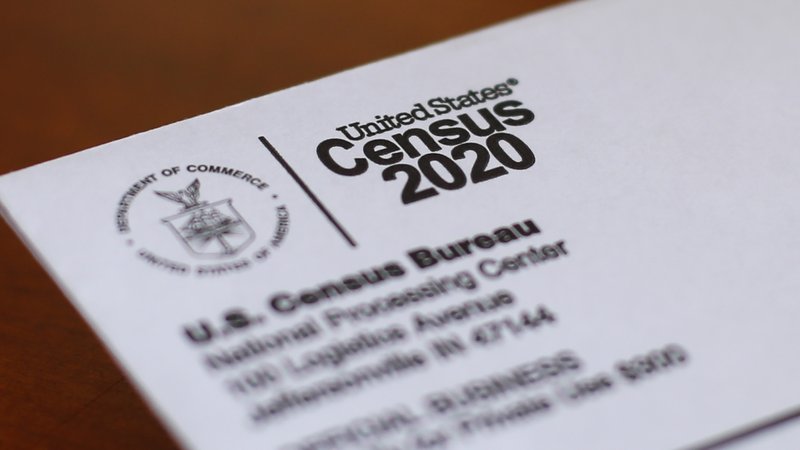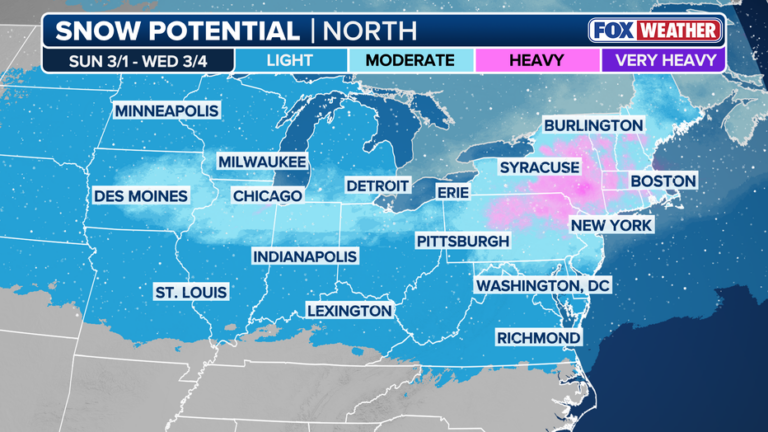Two days after a federal judge ordered the U.S. Census Bureau to stop winding down 2020 census operations for the time being, the statistical agency said Tuesday in court papers that it’s refraining from laying off some census takers and it’s restoring some quality-control steps.
The Census Bureau said it’s refraining from laying off census takers who were in the late phases of the head count of every U.S. resident and those door-knockers still are being assigned homes to visit in an effort to get answers for the 2020 census questionnaire.
However, the bureau will still terminate workers because of performance concerns, according to the court papers outlining a plan for how the Census Bureau and the Commerce Department, which oversees the statistical agency, will comply with the judge’s order.
The temporary restraining order issued late Saturday by U.S. District Judge Lucy Koh stops the Census Bureau from winding down operations until a court hearing for a preliminary injunction is held Sept. 17.
The once-a-decade head count of every U.S. resident helps determine how $1.5 trillion in federal funding is distributed and how many congressional seats each state gets in a process known as apportionment.
The temporary restraining order was requested by a coalition of cities, counties and civil rights groups that had sued the Census Bureau, demanding it restore its previous plan for finishing the census at the end of October, instead of using a revised plan to end operations at the end of September. The coalition had argued the earlier deadline would cause the Census Bureau to overlook minority communities in the census, leading to an inaccurate count.
The Census Bureau’s plan outlining compliance with the order says some quality-control steps that had been eliminated with the changed schedule will be restored. Those include verifying vacant homes, making extra home visits to households with conflicting information about whether they are vacant and making extra home visits when investigating potential cases of fraud.
Attorneys for the federal government asked the judge to convert the temporary restraining order into a preliminary injunction if she planned to extend the order past the Sept. 17 hearing so the Census Bureau can start the appeals process.
Because of the pandemic, the Census Bureau pushed back ending the count from the end of July to the end of October and asked Congress to extend the deadline for turning in the apportionment numbers from December, as required by law, into next spring. When the Republican-controlled Senate failed to take up the request, the bureau was forced to create a revised schedule that had the census ending in September, according to the statistical agency.
The lawsuit contends the Census Bureau changed the schedule to accommodate a directive from President Donald Trump to exclude people in the country illegally from the numbers used in redrawing congressional districts. The revised plan would have the Census Bureau handing in the apportionment numbers at the end of December, under the control of the Trump administration, no matter who wins the election in November.
More than a half dozen other lawsuits have been filed in tandem across the country, challenging Trump’s memorandum as unconstitutional and an attempt to limit the power of Latinos and immigrants of color during apportionment.
(AP)











